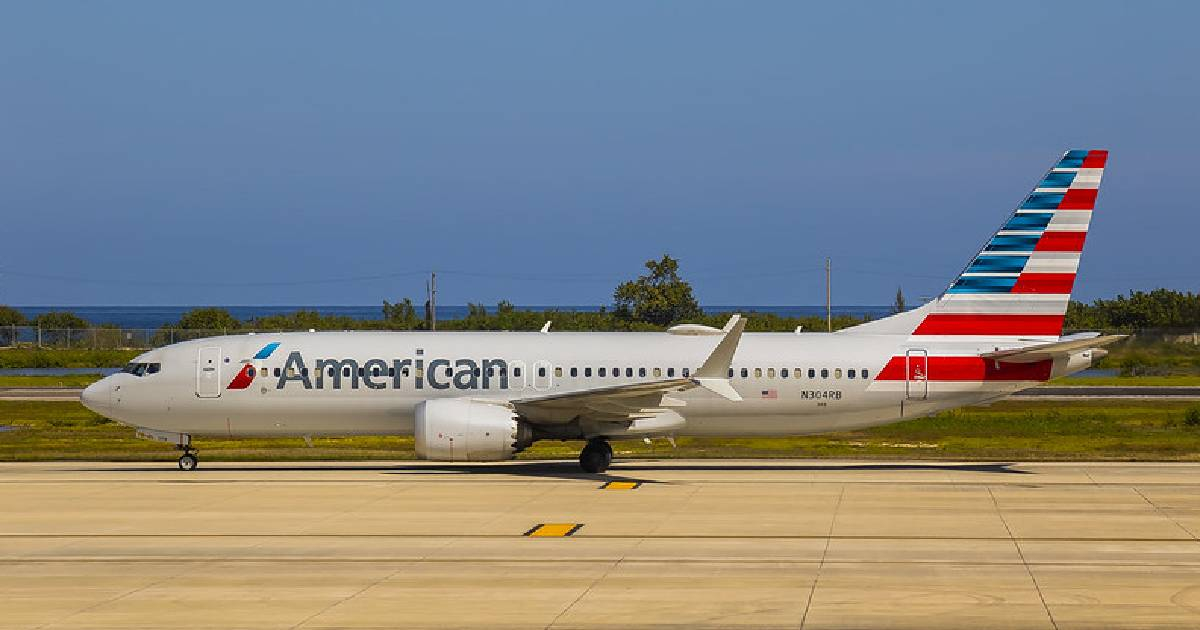
The Customs and Border Protection (CBP) office published the figures of beneficiaries of humanitarian parole who have entered the United States since the start of the program in 2023 until July 2024, totaling 110,000 Cubans who were screened and authorized to travel.
Until the end of July, more than 520,000 people from Nicaragua, Venezuela, Haiti, and Cuba were beneficiaries of this program by the Biden administration.
Specifically, since January 5, the date this program came into effect, a total of 109,000 Cubans, 205,000 Haitians, 90,000 Nicaraguans, and 115,000 Venezuelans arrived legally and obtained conditional release, the document published on the CBP website specified.
The figures announced the day before show that 4,870 Cubans were able to enter the U.S. with humanitarian parole during July, as until June, 104,130 citizens from the island had entered through this program.
However, Haitians remain the most favored group in the granting of humanitarian parole and the one with the highest growth in the entry of their nationals to U.S. territory, among the four nationalities that receive the immigration benefit.
For the statistics of the month of August, a drastic drop is anticipated, due to the fact that since the beginning of this month, the U.S. government temporarily suspended travel permits following an internal report revealing significant levels of fraud, as reported on August 2 by Fox News citing a spokesperson for the Department of Homeland Security (DHS).
The government source indicated that "as a precaution" they have suspended the issuance of advance travel authorizations for the program since mid-July, while they proceed to thoroughly review the applications from sponsors, which is where the focus of fraud is.
The document, which reveals significant levels of fraud in the application to this program of the Joe Biden administration, indicates that for Cubans, Haitians, and Nicaraguans it had been suspended since July 18, 2024, while for Venezuelans the suspension had been determined since the 6th of the same month.
Among the most common frauds, authorities detected the use of social security numbers of deceased individuals; incorrect addresses (of warehouses and businesses) to avoid giving the residential address where program beneficiaries would live; and the use of sponsor information without the individual's authorization.
Immigration lawyer José Guerrero said in an interview that if a beneficiary's parole is related to fraud, they will lose their process. Those who have sought help to fill out a form or have paid for it should have the contact information of the person who initiated that process and document each step with images to demonstrate that they were not involved in the fraud.
The lawyer specified that the penalties can be up to 10 years in prison if it is proven that a person committed fraud with the program.
What do you think?
COMMENTFiled under: